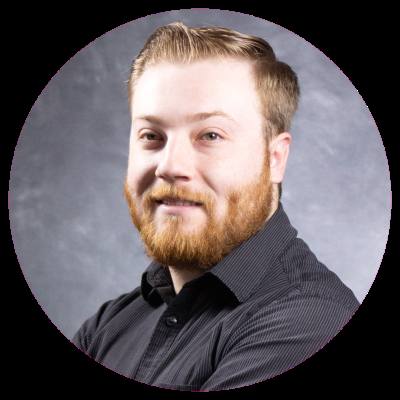Premkumar is the founder and CEO of technology company Auger IT Inc., and has lived in Coppell for 16 years. He has previously volunteered with numerous organizations in Coppell and served on the Smart City Board for four years, including two as chair.
Premkumar shared some of his experiences and insights from his service in Coppell. Answers have been edited for length, style and clarity.
What has your experience been like living in Coppell for 16 years?
It has been fantastic. We moved here because of the good schools. My son was about to start kindergarten, and we moved here from Roanoke. My kids went to the Coppell schools—kindergarten to graduation—and they had a fantastic school life. When they were in middle school, we got pulled into volunteering, and my wife and I really enjoyed all the volunteering that we did. From middle school onward to high school, my wife was the uniform chair of the marching band, and I was the purchasing chair of the band boosters board. Eight years ago, I started my own company, and I joined the chamber of commerce. Long story short, we have fantastic neighbors and friends. Our life was so wonderful, we had all this volunteer opportunity. So I like to say that my heart is in Coppell. [The] city has been so nice to us, so after my kids went off to college, my wife and I decided, ... if [we're] going to live here, we might as well step up and serve. I want to help make [Coppell] better.
Why did you decide to run for a place on City Council?
My wife and I have always believed in serving and giving back. Giving back is very important for us. We ... love living here. We [would] like the city to be as wonderful as it is. So why not take the responsibility of actually stepping up and running for office?
What are some of the lessons you've learned serving on the Smart City Board that you hope to bring to council?
I come from a corporate background; even my business is geared towards corporate America. When I got started in [the] Smart City [Board], it was the first time I discovered the government accounting rules and how long it takes to make a decision. That decision has to be communicated to the residents multiple times in multiple channels before it is implemented. Then, even when it's implemented, it has to go through a lot of rules. All of that was a learning process for me. The other aspects was working with a team. I was the chair of the smart city board for two years and leading a team ... I had [experience in] before. However, in a volunteer setting, whenever every one of your peers is just as talented or has a similar skill set as you, to be the chair of such a strong body is a challenge.
What do you think your biggest accomplishments on the Smart City Board were?
When we got started, the city did not give us a charter. They said, “This is a brand new goal; you're the first [appointments to] the board. You create the charter, and come tell us what is needed.” We have [also] started educating a lot of the City Council members and mayor about what is capable by leveraging technology. I think the one part that we wish we could do better is more citizen involvement. After almost six years, a lot of residents still don't know what Smart City [Board] does.
Is there anything else that you want residents to know about you?
I would like to say that I want to be very approachable, and I want the residents to reach out to me with any concern. You'll probably hear me say, "Have you talked to the city staff about it?" City Council is the body that oversees and provides direction to the city staff. We're not supposed to be doing the work of the city staff. I want to respect the city staff, so when residents reach out to me, I'll ask them. And if not, I will help facilitate that.





